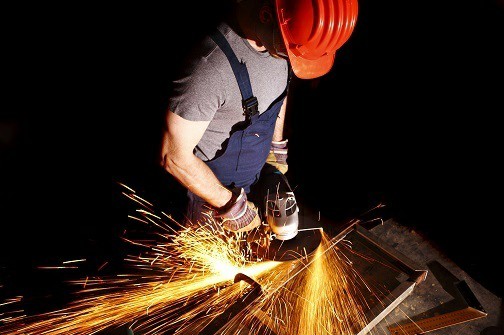Abrasive Wheels Training in Ireland: The Ultimate Showdown Between Online and In-Person Learning
Abrasive Wheels training is a crucial aspect for workers operating machinery, ensuring they are equipped with not only the right skills but also the knowledge of safety practices. This post will explore the effectiveness, certification validity, and learning outcomes of both online and in-person training formats in key cities across Ireland like Dublin, Cork, Galway, Limerick, and Waterford.
Understanding Abrasive Wheels Training
Abrasive Wheels Training covers essential safety and operational techniques needed when working with tools using abrasive wheels, commonly found in construction, manufacturing, and various engineering sectors. Choosing the right training format can make a significant difference in learning outcomes.
Online Abrasive Wheels Training: Pros and Cons
Advantages of Online Training
- Flexibility: Learners can access courses at their convenience, which is ideal for busy professionals in industries like construction or manufacturing.
- Cost-Effectiveness: Online courses often are less expensive than in-person courses, as they do not require travel or accommodation.
- Accessibility: Perfect for remote areas or those in Dublin, Cork, or Limerick who may have difficulty reaching physical training locations.
Limitations of Online Training
- Lack of Hands-On Experience: Practical skills are crucial for operating heavy machinery, which online training may not fully address.
- Self-Motivation Required: Online learners must be disciplined to complete the course without the structured environment of physical classes.
In-Person Abrasive Wheels Training: Pros and Cons
Advantages of In-Person Training
- Hands-On Learning: Learners benefit from direct interaction with instructors and practical, real-world experience.
- Immediate Feedback: Instructors can provide real-time feedback and adjustments to learners, enhancing skill acquisition.
- Networking Opportunities: In-person classes allow participants to connect and network with industry colleagues, beneficial for future career prospects.
Limitations of In-Person Training
- Less Flexible Schedule: Training sessions are often fixed, which may not accommodate all work schedules.
- Higher Costs: Typically involves additional costs related to travel and accommodations, which can be a burden for some.
Effectiveness of Training Formats
Research suggests that hands-on learning often leads to better retention of vital safety procedures and skills necessary for operating abrasive wheels. However, online training platforms have come a long way, offering interactive modules that engage learners effectively.
Certification Validity
Both online and in-person training courses lead to valid certifications, but it’s essential to choose a recognized provider in Ireland. Ensure that Abrasive Wheels Certification Ireland follows required standards for industry credibility.
Choosing Your Training: Recommendations by Job Role
- Construction Workers: In-person training is highly recommended, as hands-on practice is crucial.
- Manufacturing Employees: Online courses can be effective if hands-on sessions follow after.
- Safety Officers: A mix of both formats may serve best, ensuring they are up-to-date with both theory and practice.
Conclusion
Whether you opt for Abrasive Wheels Training Dublin, Cork, Galway, or other cities, understanding your learning style and job requirements is essential. Both training formats offer valuable benefits, so it's crucial to evaluate what fits your needs best. For more information on certified courses available, click here, or contact us at [email protected] for inquiries.



 349,500 Offered Certificates
349,500 Offered Certificates
 24/7 Online Training
24/7 Online Training
 Money Back Guarantee
Money Back Guarantee
 Fully Accredited Courses
Fully Accredited Courses
